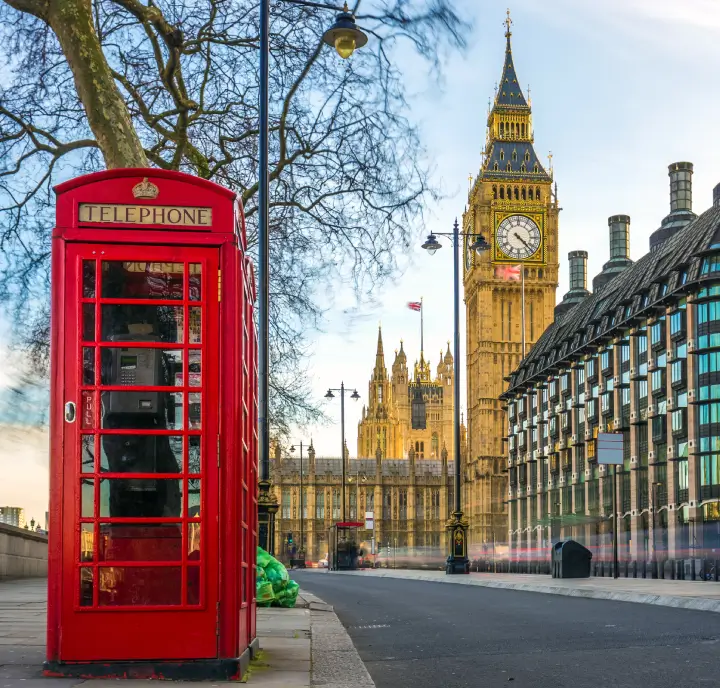Unfortunately, there is no straightforward answer to this question. The legal costs depend on the length of time it takes to reach an agreement both in respect of the divorce and the division of the family finances.
However, our divorce solicitors at Josiah-Lake Gardiner take pride in offering very competitive rates and in respect of the divorce decree itself (and therefore excluding the arrangements for the children and the financial issues) the costs could be as little as £1,000 plus vat plus the court fee of £550.
We do understand that it is important that you know from the outset what your legal fees are likely to amount to. For this reason, our expert divorce solicitors provide all clients with a bespoke costs plan and time estimate at the outset of a case (for which there is no charge) with regular updates as needed.
Monday - Friday: 9:30am - 5:30pm










